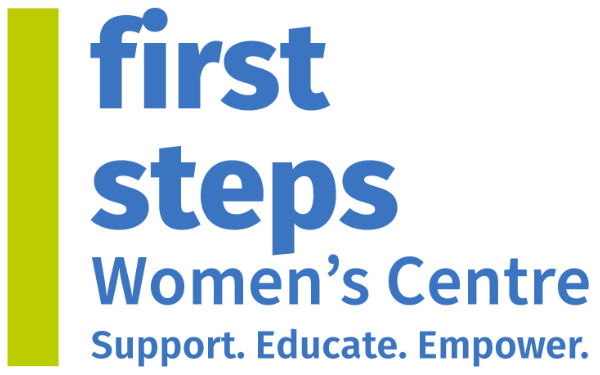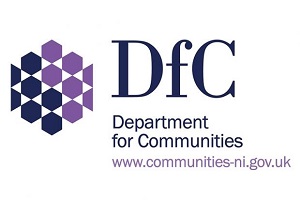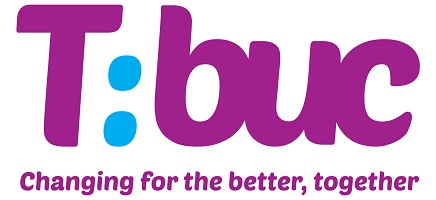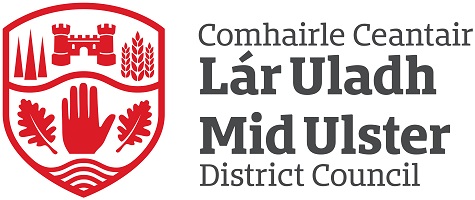Women's Aid (Mid Ulster Contact No 028 8676 9300)
Practical and emotional support is provided to women and children affected by domestic and sexual violence who choose to remain at home or in a community setting through a floating support service.
The aim of the service is to help those women with special and complex needs, specific to their domestic and sexual violence situation, to maintain and sustain their home through making informed choices about their accommodation needs. The Main areas of focus are:
Domestic and Sexual Violence Education
Educating women about the nature and impact of domestic and sexual violence.
Safety Planning
Addressing women’s safety and security needs.
Housing Support
General housing support to maintain and sustain housing, and in the event of a ‘move-on’, ensuring appropriate resettlement services for women.
Money Management
Budgeting support and signposting to relevant services.
Advocacy
Advocacy on behalf of women where domestic and sexual violence has decreased their ability to act on their own behalf.
Specialist Services
Informing women of available specialist services for example mental health / addiction, etc.
Support Networks
Encouraging women to establish support networks in the community, with relevant agencies and friends & family.
Court Support
Support is offered to women who need to attend court on any issue relating to domestic and sexual violence. The benefits include:
- Confidential support service
- Private waiting room
- Refreshments available
- Court support worker to clarify information during the process
- Someone who is familiar with court
- Pre-court visit if required
- Accompaniment to solicitors
- Refer women to other appropriate agencies for specialist support
- Link children and young people affected into appropriate Women's Aid Services
Alzheimer's (Mid Ulster Direct Line 028 8775 3812)
What is the difference between dementia and alzheimer's disease?
If you’re not sure of the difference between dementia and Alzheimer’s disease, you’re not alone. The two terms are often mixed up or used interchangeably, which can be confusing.
To put it simply, dementia is not a disease in its own right. Dementia is the name for a group of symptoms that commonly include problems with memory, thinking, problem solving, language and perception.
Dementia is caused by different diseases that affect the brain. Alzheimer’s disease is the most common. Some other common types of dementia include vascular dementia and dementia with Lewy bodies.
While there is a relationship between dementia and Alzheimer’s disease, there are key differences between the two. Read more...
Types of Dementia
Dementia is the broad term used to describe a number of different conditions affecting the brain, including Alzheimer's disease. Learn more about the different types of dementia here.
Daily Living
There are ways to make life easier and more enjoyable for a person with dementia. For practical advice for those living with dementia and their carers click here
For all other information regarding symptons and diagnosis, treatments and risk factors and preventions click here
Help with Dementia Care
Read advice on understanding and caring for someone with dementia, with tips on how carers can look after themselves too.





